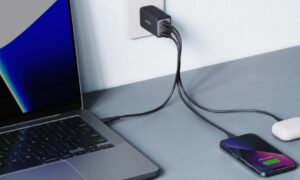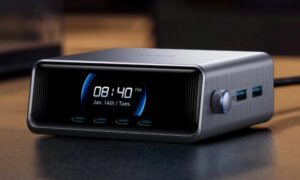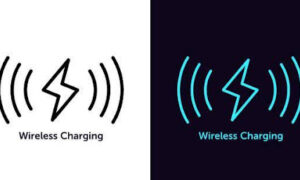You’ve bought an electric car! Hooray!
Now you need to figure out which cable you need to keep it charged up, but there are more varieties of EV charging cables on the market than you ever thought possible.
Do you need a Type 2 to Type 2, or Type 2 to 3-pin?
A tethered or untethered cable?
To clear up the confusion, read on to find out which charging cable you need for your electric car.
Common electric car chargers for charging
Whether you will be charging at home, using your domestic energy supply, using a home EV charge point, or charging out in public, you have a wide choice of EV charging cables.
Type 2 to 3-pin charging cables
This cable is designed to be used with the UK 3-pin domestic electricity sockets. It allows homeowners without a specific EV charger to recharge their electric vehicles easily and simply.
On one end, there is a standard UK 3-pin plug; on the other, there is a Type 2 or Mennekes cable connection.
With this charging cable, you can use outdoor domestic sockets or even run your cable carefully outside via a window or doorway if you can park your car nearby securely.
Type 2 to Type 2 charging cables
Type 2 to Type 2 charging cables are designed to be used with specific EV charging units, be they public or domestic- but cannot access the UK 3-pin domestic energy supply.
They are utilised by popular car manufacturers, including:
- Audi
- BMW
- Volvo
- Mini
- Mercedes
- Kia
- Hyundai
- Volkswagen
- Smart
- Toyota
In contrast to the Type 1 cable, which has a 5-pin connection and is popular in America and Asia, Type 2 to Type 2 charging cables feature 7-pin connections and are the European- standard plug type.
Type 1 to Type 2 charging cables
Designed for cars popular in America and Asia and some older EV models, the Type 1 to Type 2 charging cables connect Type 1 vehicles to Type 2 EV charging units.
This means that even older EVs can still access the UK charging network.
Older models include:
- Citroen C-Zero
- Ford Focus Electric
- Mitsubishi Outlander PHEV
- Kia Soul EV
- Nissan Leaf 2012 – 2017
- Peugeot
- Toyota Prius
- Vauxhall
Tethered and untethered cables
None the wiser on the difference between tethered and untethered cables?
Read on to find out the difference, once and for all.
Tethered cables
Tethered cables are permanently connected to the main charging unit- you can’t unplug these, take them with you, and use them on other charging units. Similar to a petrol pump.
Tethering cables to the charging units can prevent theft and help the forgetful keep track of their cables, so they’re preferred by many EV owners who have home charging points.
Untethered cables
Untethered cables, therefore, are not permanently attached to a charging station. When using a charger that does not have a cable, you will need to securely attach your own cable and pin before you can begin charging.
Untethered versions allow users to store their charging cables when not in use, which means they’re likely to stay in better condition and stay cleaner for longer when compared to their tethered counterparts.
They are also ideal for people looking to travel with their EVs, allowing users to access any type of charging station. If you plan on taking your charging cable with you when travelling, consider purchasing a hardbacked storage case to ensure your cable is kept in perfect condition.
Find suppliers for all types of EV charging cables
No matter the charging cable you need, it is essential you understand what you are buying before you make a purchase.
Any reputable supplier of EV charging cables will focus on educating their customers, giving you the information you need to make an informed decision while also saving you time and money.
Happy shopping and keep charging!



































